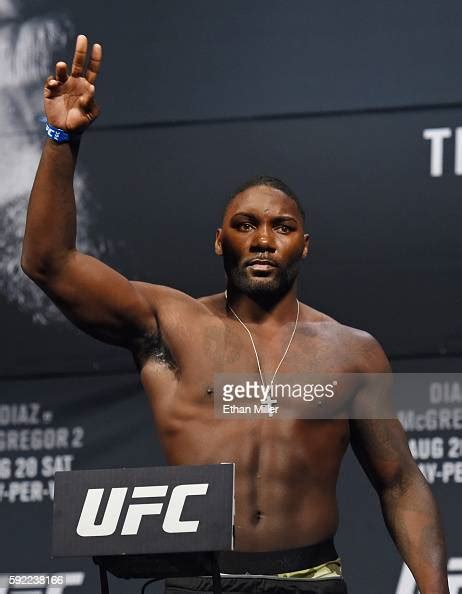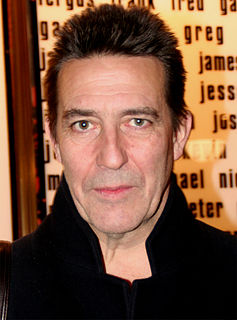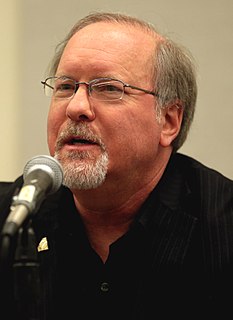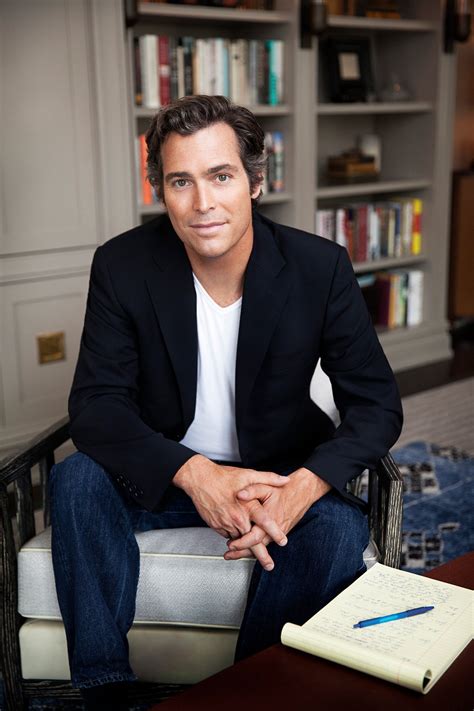A Quote by Bjorn Lomborg
But this is an occupational hazard of being a scientist. You say this is the best information I have and then you realize that not everyone is going to read the footnotes or the whole book, so people are going to get the wrong impression.
Related Quotes
What I do usually is read the book first, for pleasure, to see if my brain starts connecting with it, as a movie. And then, if I say yes, I read it again, only this time I take a pen and, inside the book, I say, "Okay, this is a scene. I don't need this. I'm going to try this. I'm not going to take this." And then, I use that book like a bible and each chapter heading, I write a menu of what's in that chapter, in case I ever need to reference it. And then, I start to outline and write it. I get in there and it starts to evolve, based on having re-read it again.
Let's say I was like, "I'm going to write a book this year," which I'm not. Let's just say that was it. Then it would be for the joy of writing it. It wouldn't be like, "And it's going to be No. 1 and I'm going to get rich and go on a book tour and own a library." I don't know the difference between doing what I normally do and making a resolution. And if it doesn't happen, then I'm going to be miserable.
The actual communicative value of what we say is usually quite small. I've lived for times in small, isolated fishing villages, where everyone knows everyone each other and everyone knows what's going on and everyone's watched the same TV programs and, really, there's not a whole lot of new information to convey. But there's still a lot of talking. What's said doesn't seem to matter; that you say it, and who you say it to, and how you say it is what matters.
When I was 19, I thought [Brokeback Mountain] was going to be the best movie ever made. And everyone was going to see it and it was just going to be incredible. And then nobody saw it and it didn't get bought at Sundance. And it was a really great experience. Humbling. And then it's since found its way.
I would say that, in the future, the book will be reserved for things that function best as a book. So, if I need a textbook that's going to be out of date because of new technological inventions, you're better off having it where you can download the supplements or the update. If you're going to read a quick mystery novel to keep you amused while you're traveling, it's fine.
I'd be surprised if non-fiction writers hate to be interviewed. We all hate them, because there's really nothing to say except "Read the book." Right? At least with non-fiction, you can kind of convey some information, and people can decide for themselves whether they want more of that kind of information. But with a novel, what am I going to do?





































